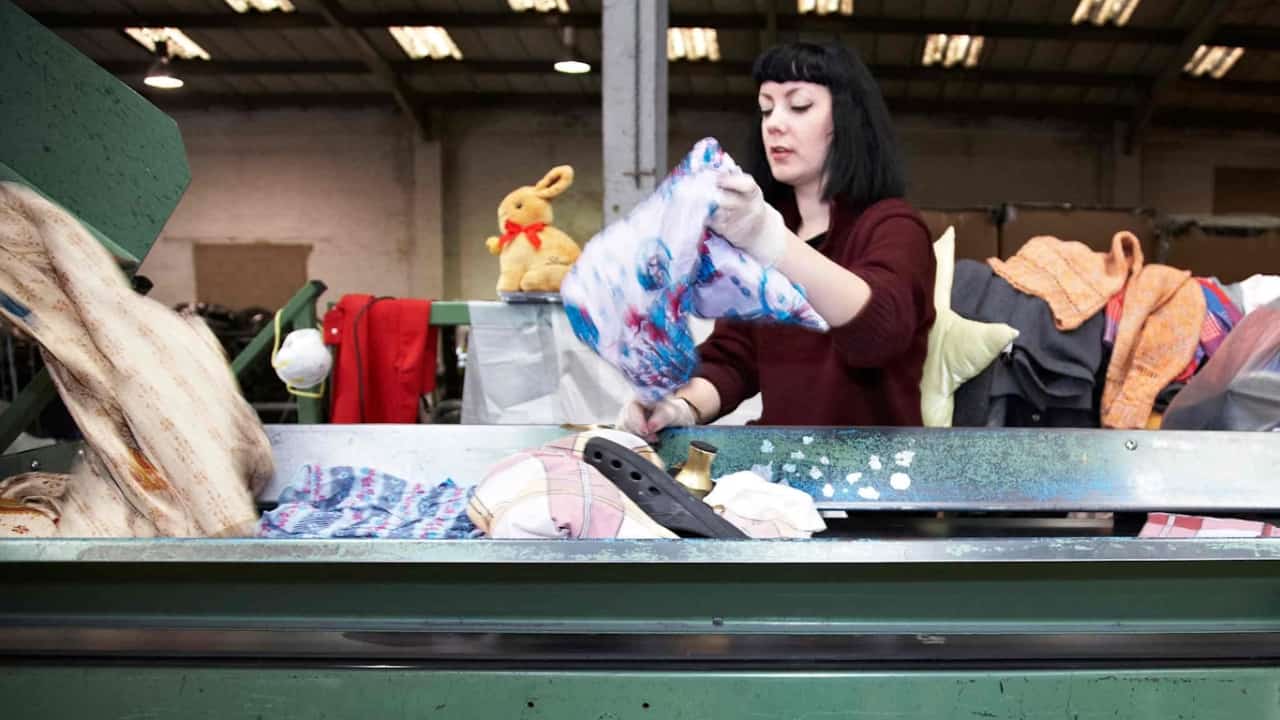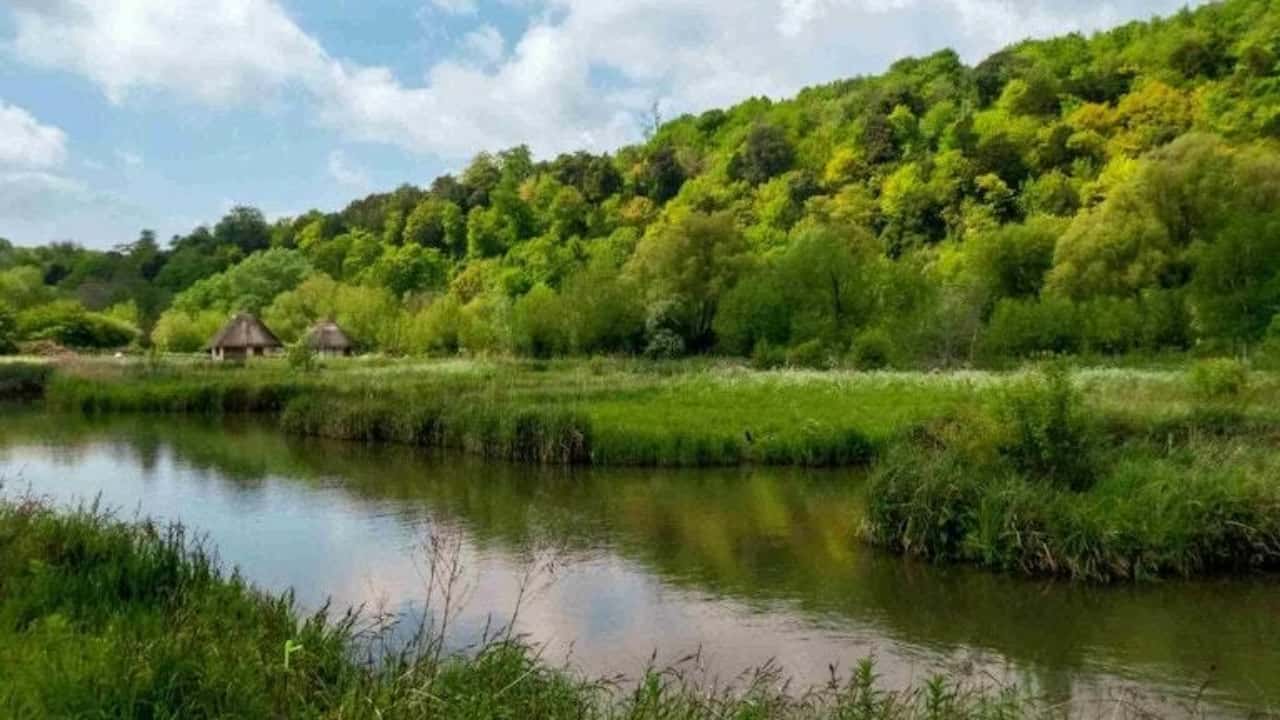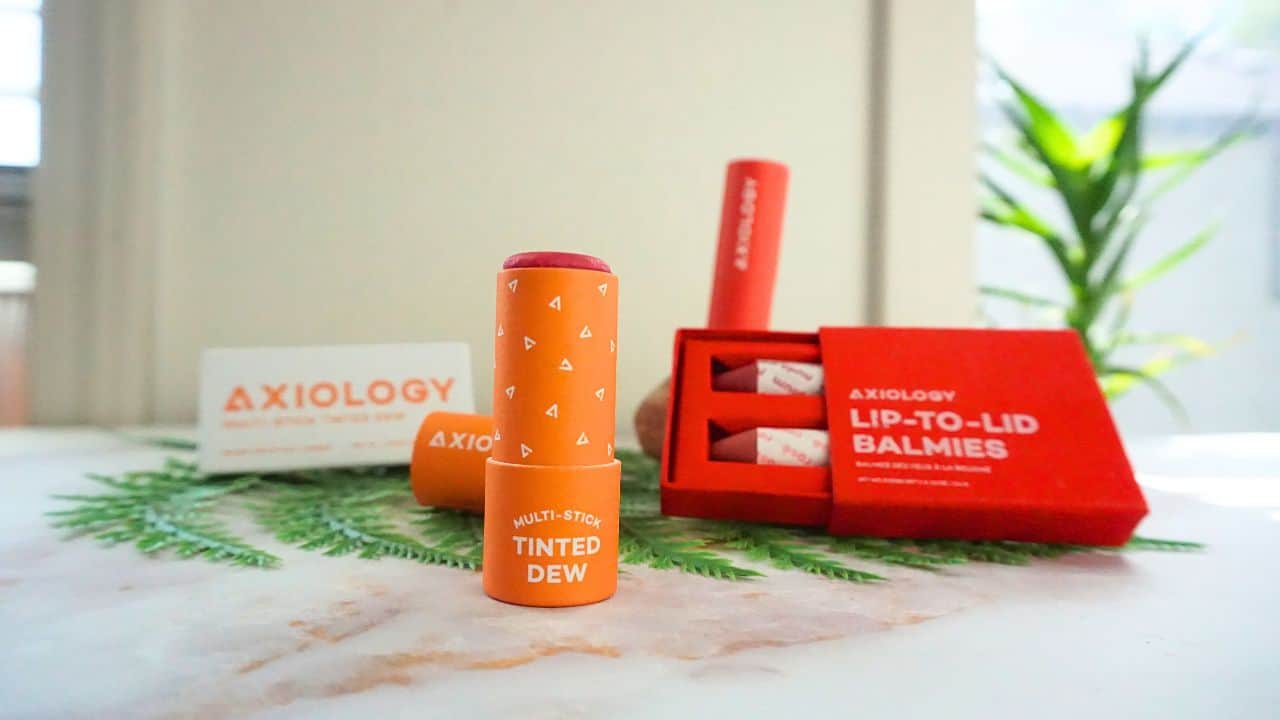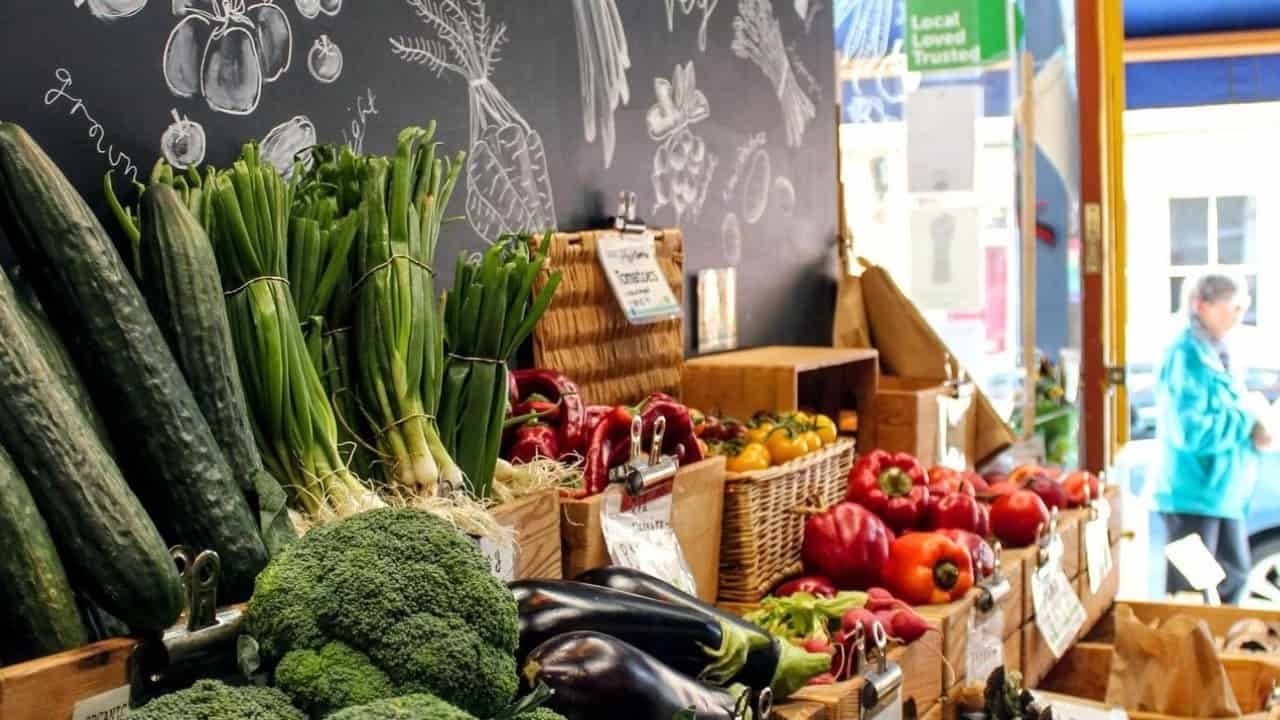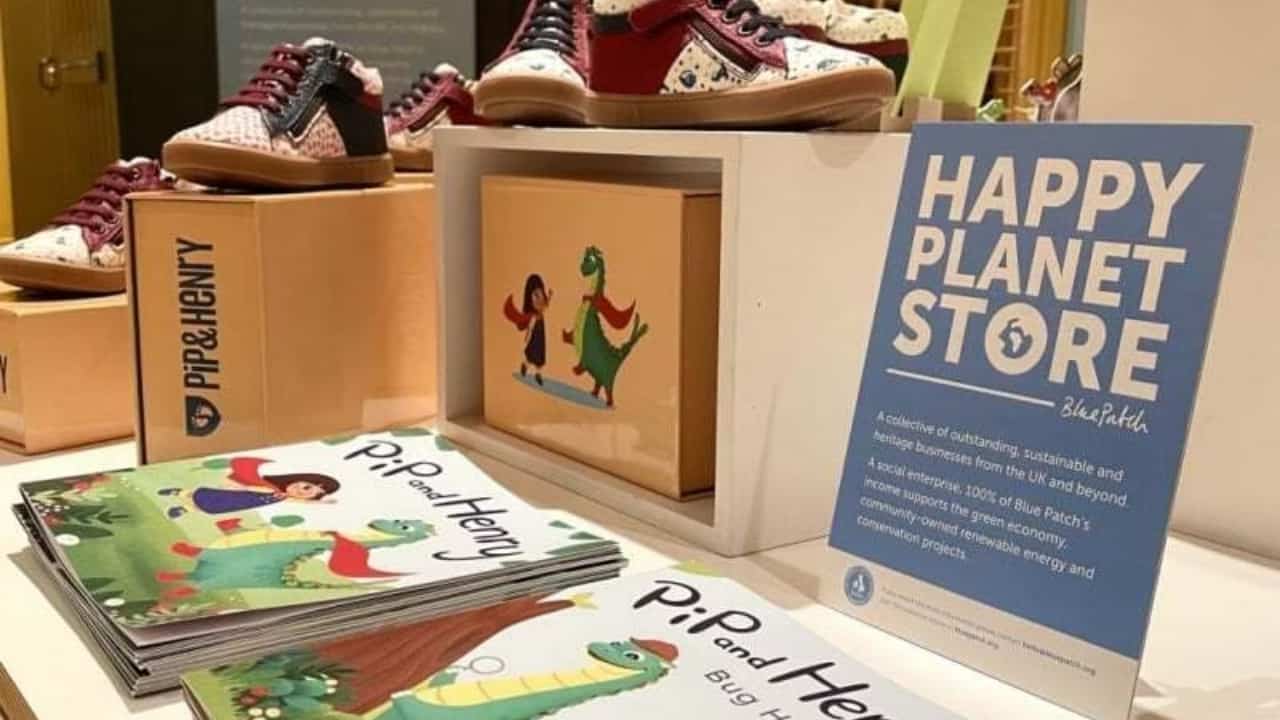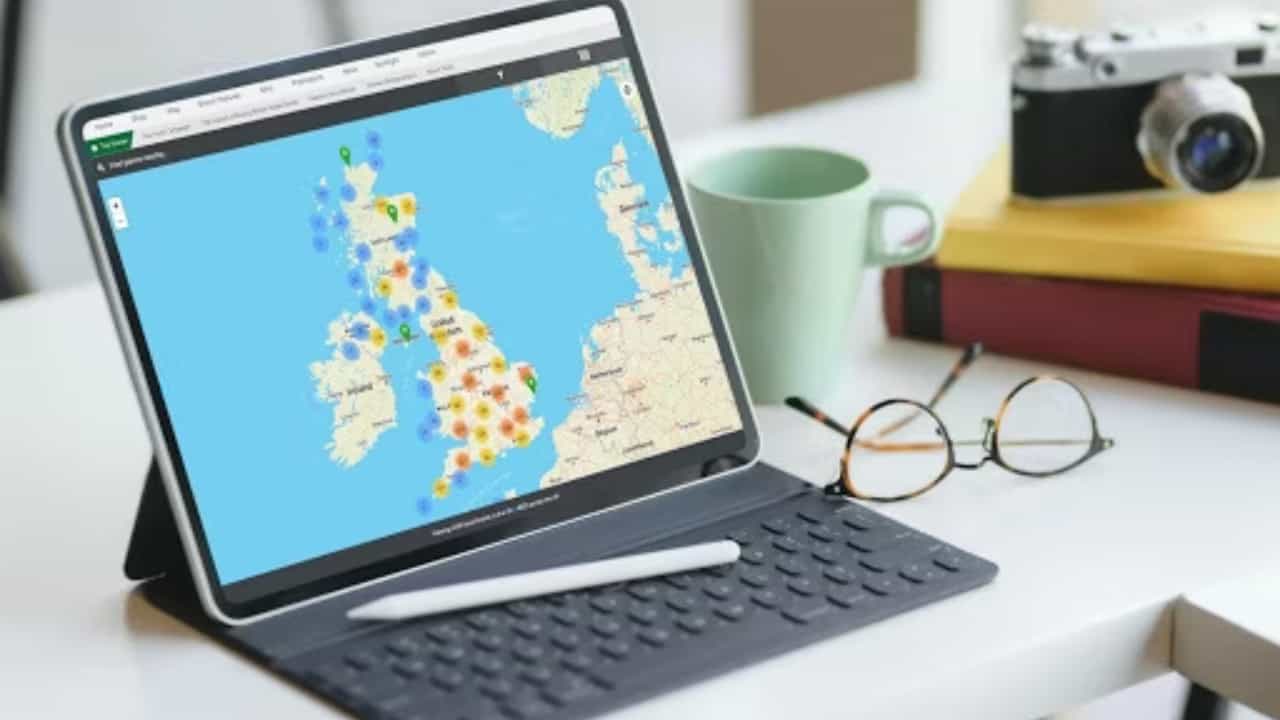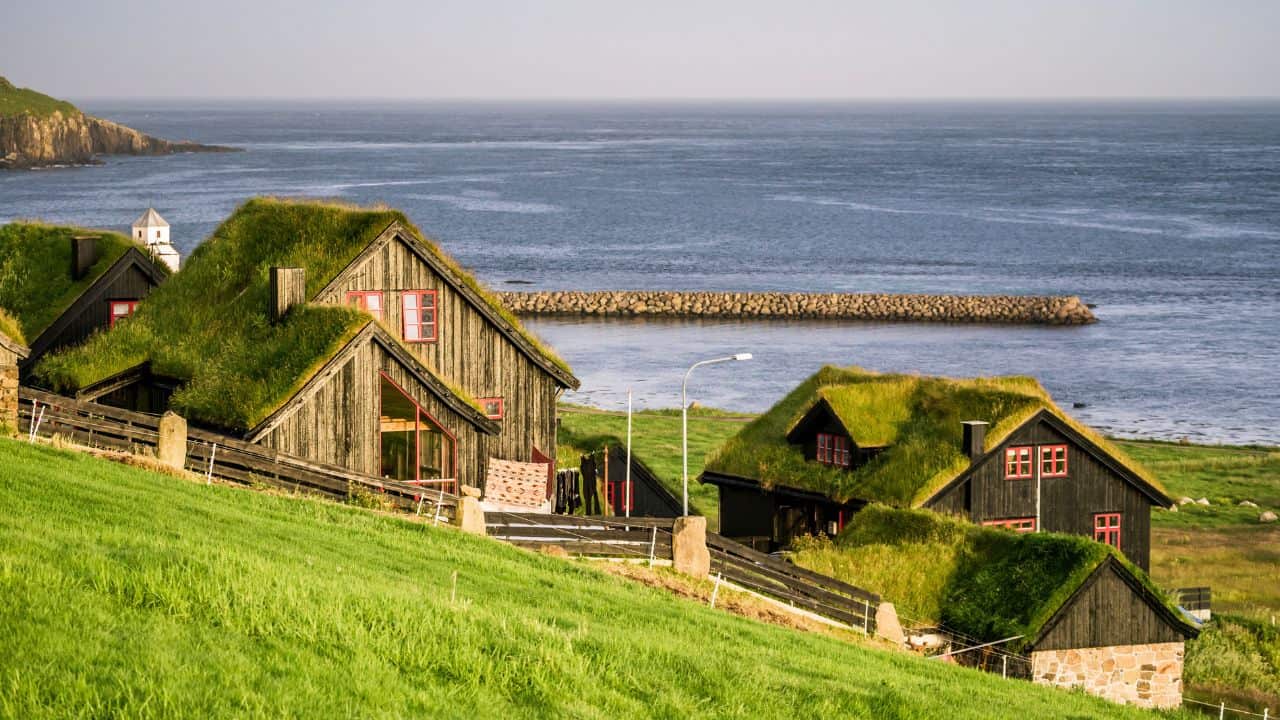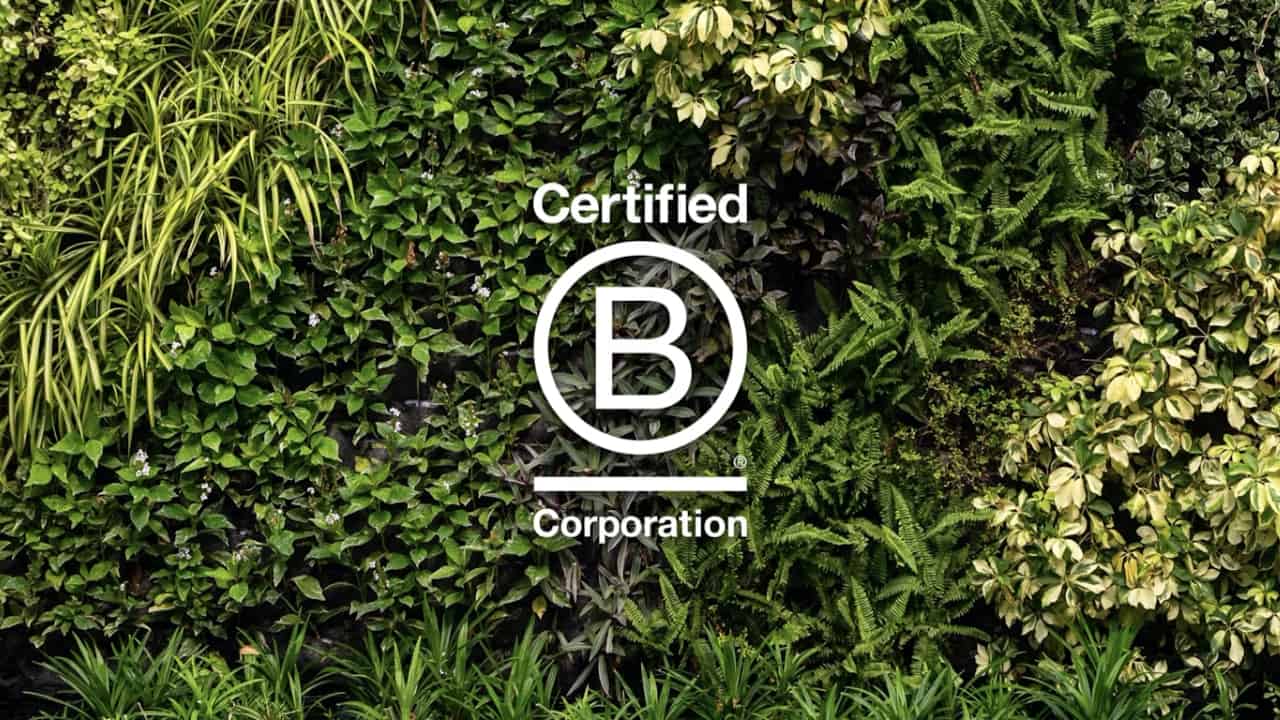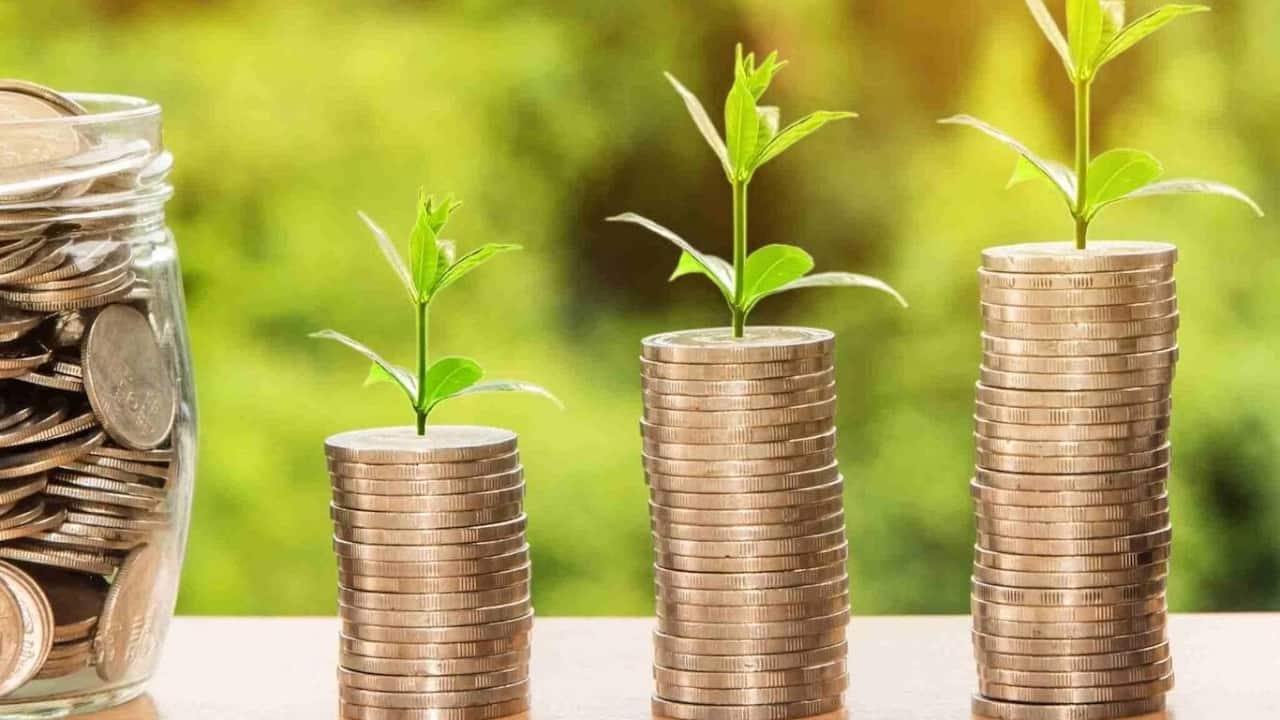Your guide to stylish, sustainable living.
From ethical fashion to eco-travel, it’s all on pebble. Scroll down to read our latest news and features.

TOPICS TO EXPLORE
Linen Trends: How Fashion Is Embracing This Naturally Breezy Fabric
Linen, with its timeless charm and breezy elegance, has maintained its popularity year after year. The fashionable linen trends that are…
What To Do Next
Subscribe to pebble‘s newsletter
Stay up to date with all the latest on sustainability related topics for everyday living
Join our Digital
Community For Free
Ripples helps you smash your sustainable goals. Share your journey, ask questions and inspire others.
Sign up To
Swell
Join our new business group in our Community. Collaborate and network with other ethical entrepreneurs.
Sustainable Living 101
Get started on your sustainable living journey, here we’ll share tactical tips and how-to guides.
Sustainable Style
In a system defined by consumption, making your spend go that much further matters. Here’s our tips and tricks for better shopping from better stores and brands.
Living Your Best (More Sustainable) Life
All the inspiration you need for a more sustainable lifestyle.
Beauty & Personal Care
From DIY sustainable beauty to products that take better care of planet and people, this is your go to for all your makeup, beauty and personal care needs.
Shop better
Check out our buying guides for our favorite eco products
Grow It
Check out our buying guides for our favorite eco products
Better Business & Finance
Find inspiration to change your business or start your ethical empire.
Subscribe to the pebble mag newsletter
Get weekly insights, guides and news to support our collective transition to a better, more sustainable future.







